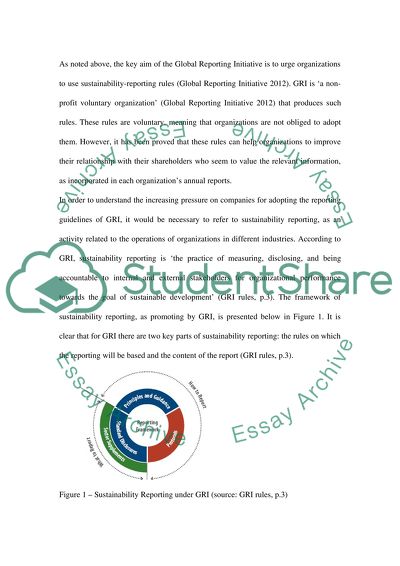Cite this document
(“The Global Reporting Initiative Has a Mission to Develop Global Essay”, n.d.)
Retrieved from https://studentshare.org/finance-accounting/1453320-the-global-reporting-initiative-has-a-mission-to
Retrieved from https://studentshare.org/finance-accounting/1453320-the-global-reporting-initiative-has-a-mission-to
(The Global Reporting Initiative Has a Mission to Develop Global Essay)
https://studentshare.org/finance-accounting/1453320-the-global-reporting-initiative-has-a-mission-to.
https://studentshare.org/finance-accounting/1453320-the-global-reporting-initiative-has-a-mission-to.
“The Global Reporting Initiative Has a Mission to Develop Global Essay”, n.d. https://studentshare.org/finance-accounting/1453320-the-global-reporting-initiative-has-a-mission-to.


